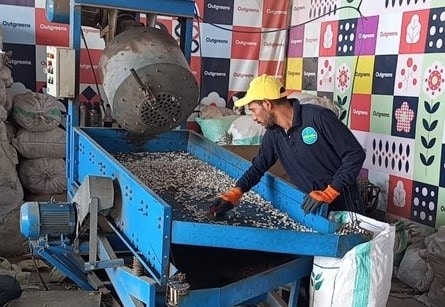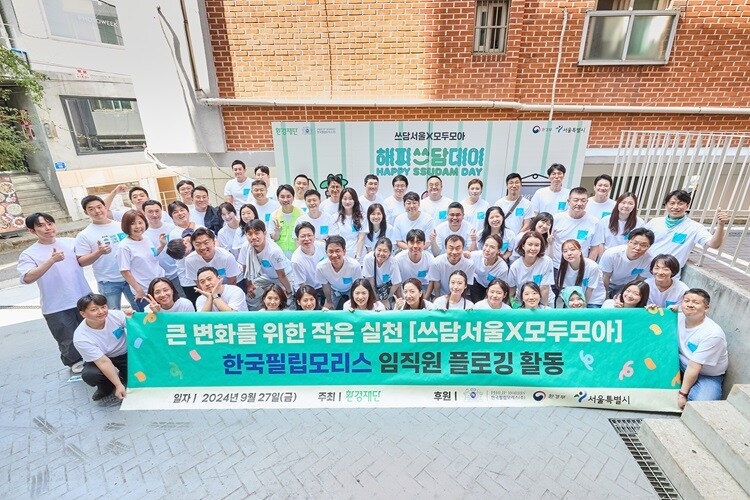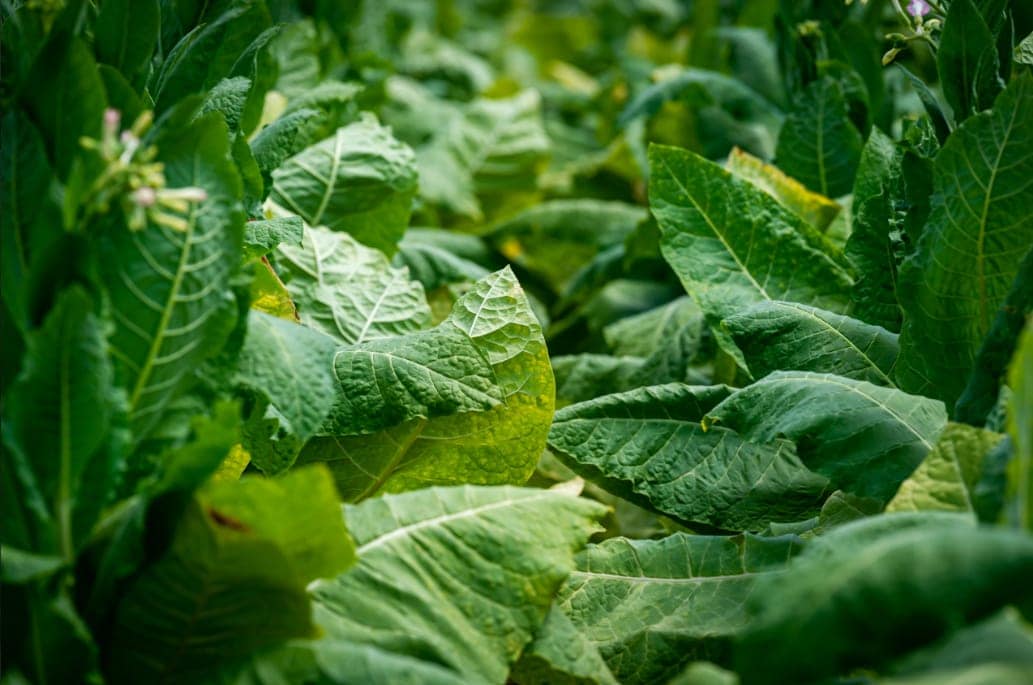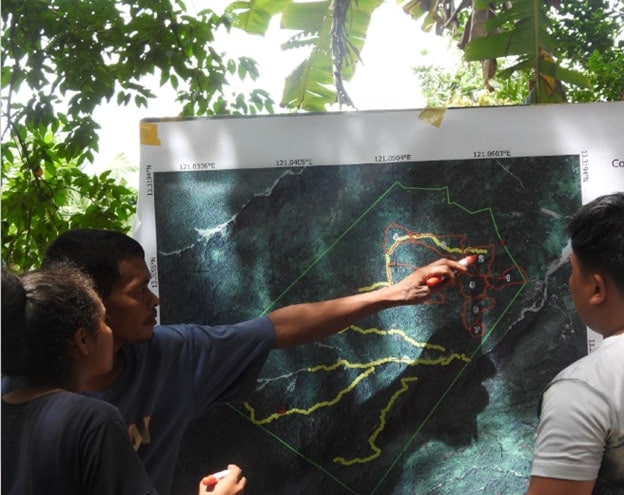In Egypt, environmental awareness is steadily growing. As the country pursues its national Vision 2030 ambitions, issues such as waste management and recycling are starting to gain traction—though challenges persist. Recycling infrastructure remains limited, while more work is needed to build public understanding of proper waste management and improve legislation around local recycling requirements. Because of this, littering continues to be a visible problem, especially in urban areas.
Amid this landscape, Philip Morris Misr (PMM), an affiliate of Philip Morris International (PMI), has taken a step forward aiming to help accelerate change. Anchored in PMI’s global sustainability strategy and smoke-free vision, PMM launched a first-of-its-kind, comprehensive post-consumer waste management program for its smoke-free products. The initiative not only aims to address the environmental challenges posed by the disposal, handling, and recycling of used consumables and electronic devices of heated tobacco products, but also to build local capabilities and recycling infrastructure, and encourage behavioral change among legal-age users, thereby setting a precedent for other industries.
Building from the ground up
With the 2023 introduction of ILUMA, the most advanced smoke-free product within PMM’s portfolio, the company identified an opportunity not only to launch a new product, but also to contribute to addressing that product’s environmental impact.
PMM aligned its commercial and sustainability plans to develop a post-consumer waste solution that addresses both device and consumable waste. The initiative is composed of two key pillars: A device takeback and recycling program and a consumables circular program, both developed in line with PMI’s global frameworks and tailored to the local market context.
PMM’s objectives with these two programs were clear:
- Help reduce waste, prevent inappropriate disposal of smoke-free products at the end of life, and raise awareness of the environmental impact of product littering.
- Engage legal-age users and foster responsible disposal habits.
These programs were embedded into consumer-facing channels and supported by local partnerships.
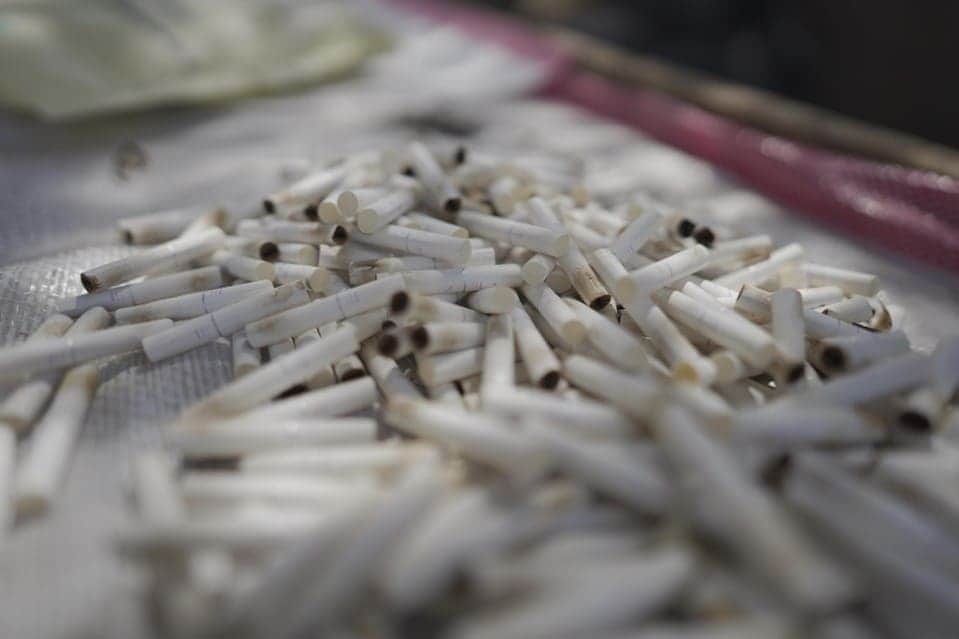
Used heated tobacco consumables
Consumables circular program
To encourage the return of used smoke-free consumables, PMM emailed registered users and published information on the brand website. The messaging focused on the environmental impact of littering, PMM’s efforts to create dedicated recycling streams, and how consumers can take action by participating.
Crucial to this effort was a collaboration with local recycling partner Outgreens to develop new capabilities for separating and recycling the various components of heated tobacco product sticks. Initially, PMM provided Outgreens with 10 kilograms of used consumables to test separation and recycling methods. From there, Outgreens not only devised a compliant manual separation process but went on to design and build a machine to automate it.
The machine uses a ball mill—a fast-spinning device—to initiate separation. Using vibration, tobacco is then isolated from the paper, metal, and cellulose acetate filter components, which are collected into distinct streams.
Additionally, logistics were established to transport the collected consumables from the collection points to the recycling station.
Device takeback and recycling
The program encourages consumers to return old or unused devices. To manage electronic waste, PMM partnered with Triple RE, a local e-waste recycling provider, and drew on PMI’s global electronics recycling hub model to ensure compliance with international standards. Again, logistics operations were established to ensure proper device collection, transportation, and processing.
Due to the technological complexities of recycling heated tobacco devices, PMI’s global expertise was critical. Guidance from PMI’s central recycling hubs helped inform how to handle electronic waste such as batteries, metals, and plastics locally. As Egypt develops its regulatory framework for electronic recycling (beyond the existing battery recycling requirements) and imports, building these capabilities now positions local partners to meet future demand.
“Our consumables circular and device takeback programs demonstrate our commitment to reduce and appropriately manage post-consumer waste,” said Ali Nevzat Karaman, Managing Director for Egypt & Levant. “By actively encouraging the recycling and responsible disposal of our products, we aim to reduce their environmental footprint in Egypt. Through these initiatives, returned used consumables (around 2 percent of our sales volumes) are given a renewed purpose, marking a step toward fostering a circular economy.”
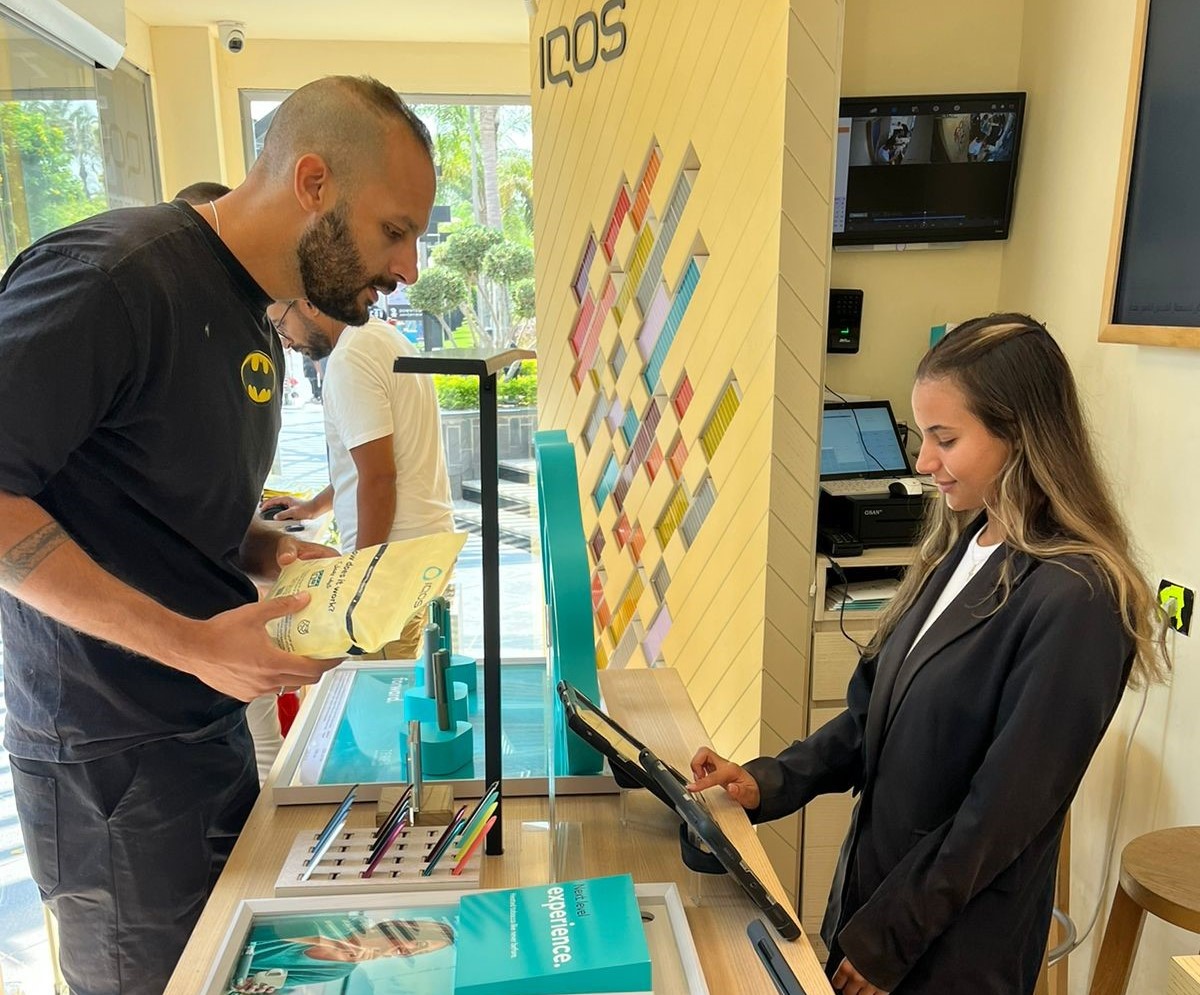
Cross-sector collaboration and capability building
Implementing these programs required deep collaboration across internal and external stakeholders. Internally, cross-functional teams at PMM—including consumer experience, commercial operations, marketing & digital, procurement, operations, external affairs, legal, and finance—worked together to design and roll out the programs.
Externally, PMM’s partnership with Outgreens and Triple RE made the programs possible. While device takeback was relatively straightforward, consumables posed a greater challenge due to the lack of existing recycling machinery. By working with Outgreens to innovate and build a fit-for-purpose solution for this challenge, PMM catalyzed new local capability development in waste separation and processing.
Early results: Engagement and impact
The initial results have exceeded expectations. The consumables circular program was piloted in brand retail stores in Cairo in September 2023. Within two months, due to strong consumer engagement, the program was expanded to all brand retail stores nationwide. Fourteen months after its launch, more than 7,600 legal-age users have participated, returning more than 11.65 tons of used consumables.
Through the recycling, recovered materials are being repurposed. Tobacco and paper are processed for compost, metals are smelted and reused, and PMM is exploring new applications for the cellulose acetate recovered in collaboration with local partners.
The smoke-free device takeback program has also shown meaningful results. Since its inception, 76,000 devices have been collected and recycled, with a recycling rate of 85 percent. Plastics and metals are being reused in local manufacturing and batteries are handled by a government-run facility in accordance with local regulations.
“Managing post-consumer waste is a vital issue that all companies need to address,” said Perihan Hamed, Manager, Consumer Journey, Egypt & Levant. “A true measure of a company’s progress lies not only in its ability to create products, but also in its commitment to responsibly manage its products’ post-consumer waste. By contributing to effectively handling post-consumer waste, we work toward reducing the environmental impact of our products.”
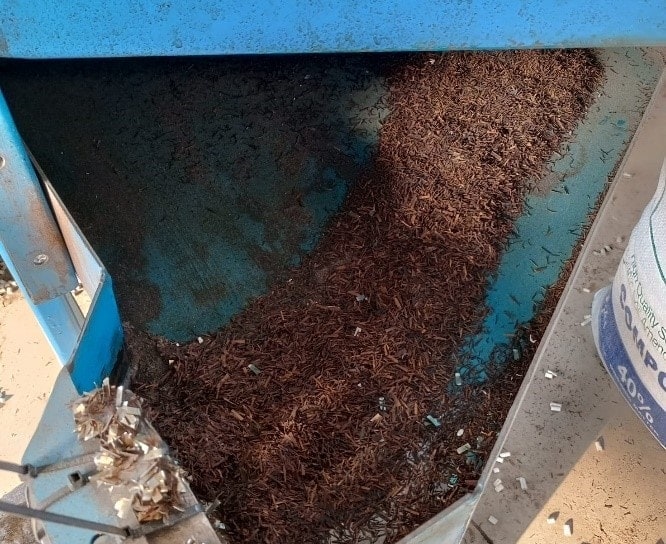
Learnings and looking ahead
PMM’s initiatives are a local success story built on PMI’s global framework to take responsibility for the post-consumer life of its products and support the transition to a circular economy. Rolling them out in Egypt required careful adaptation to local realities—especially given the nascent state of recycling infrastructure and consumer behaviors.
One key takeaway was that, with the right messaging, local partnerships, and consumer engagement strategy, it is possible that the responsible disposal of products at end-of-life can become a reality, even in markets where recycling norms are still emerging.
As a next step, PMM plans to explore new applications for recycled cellulose acetate that align with consumer interest, and it will continue expanding this program to reach 50 percent of staffed indirect retail stores in the near term, ultimately aiming for 100 percent nationwide.
PMM is helping build the foundations for a recycling culture in Egypt—through collaboration, innovation, and consumer engagement—while delivering on PMI’s broader commitment to environmental responsibility and product stewardship as outlined in the Integrated Report 2024

